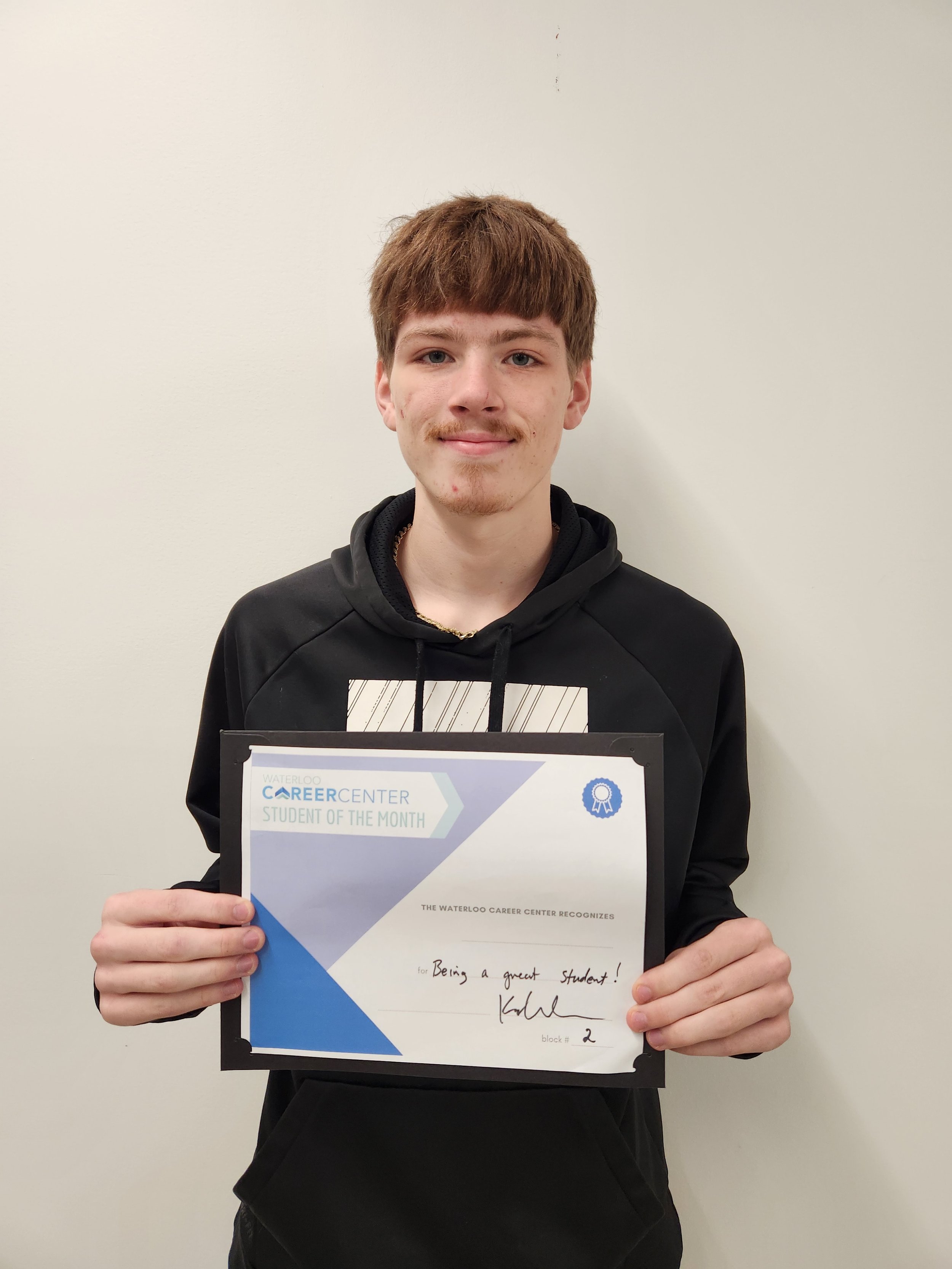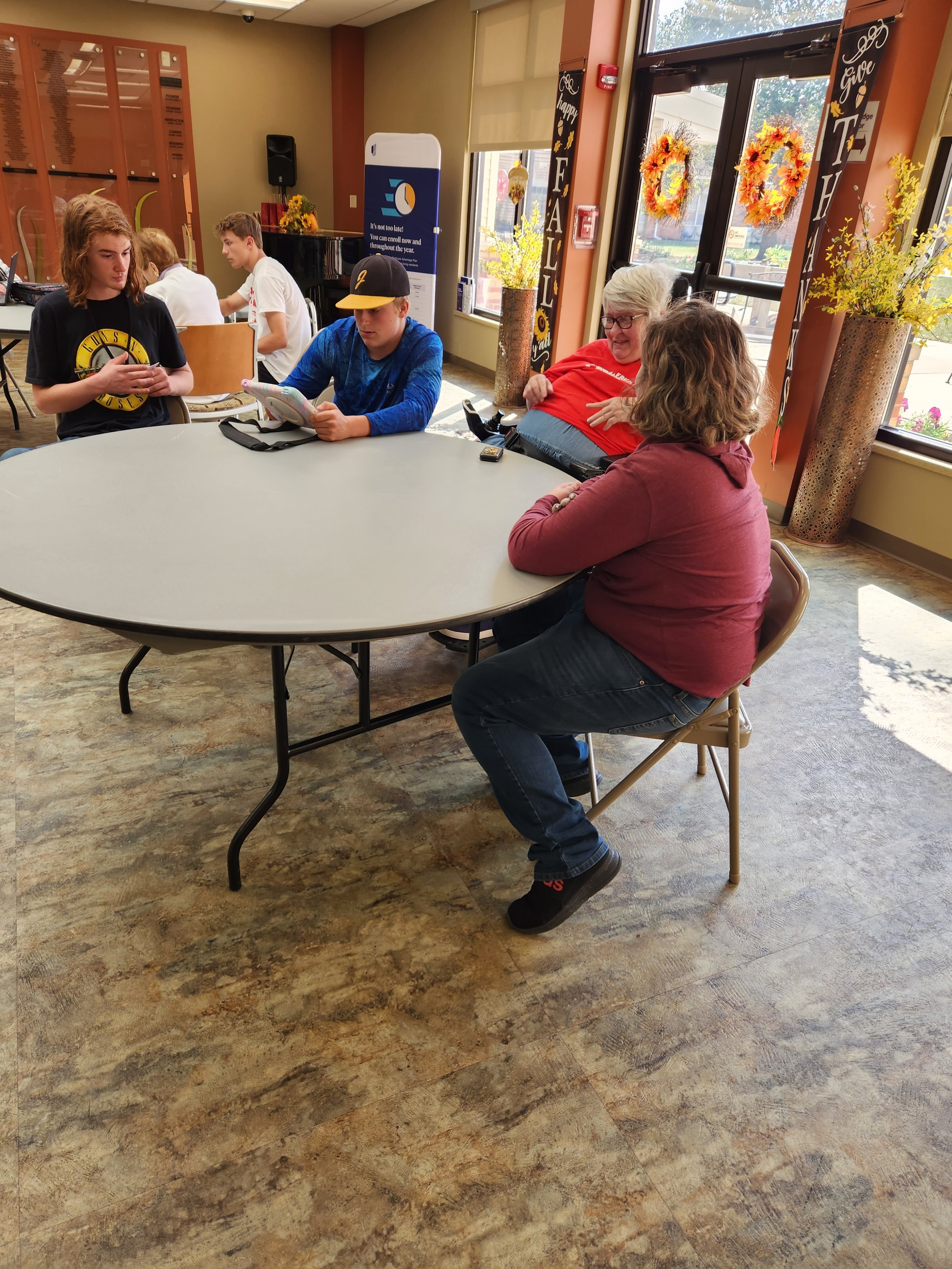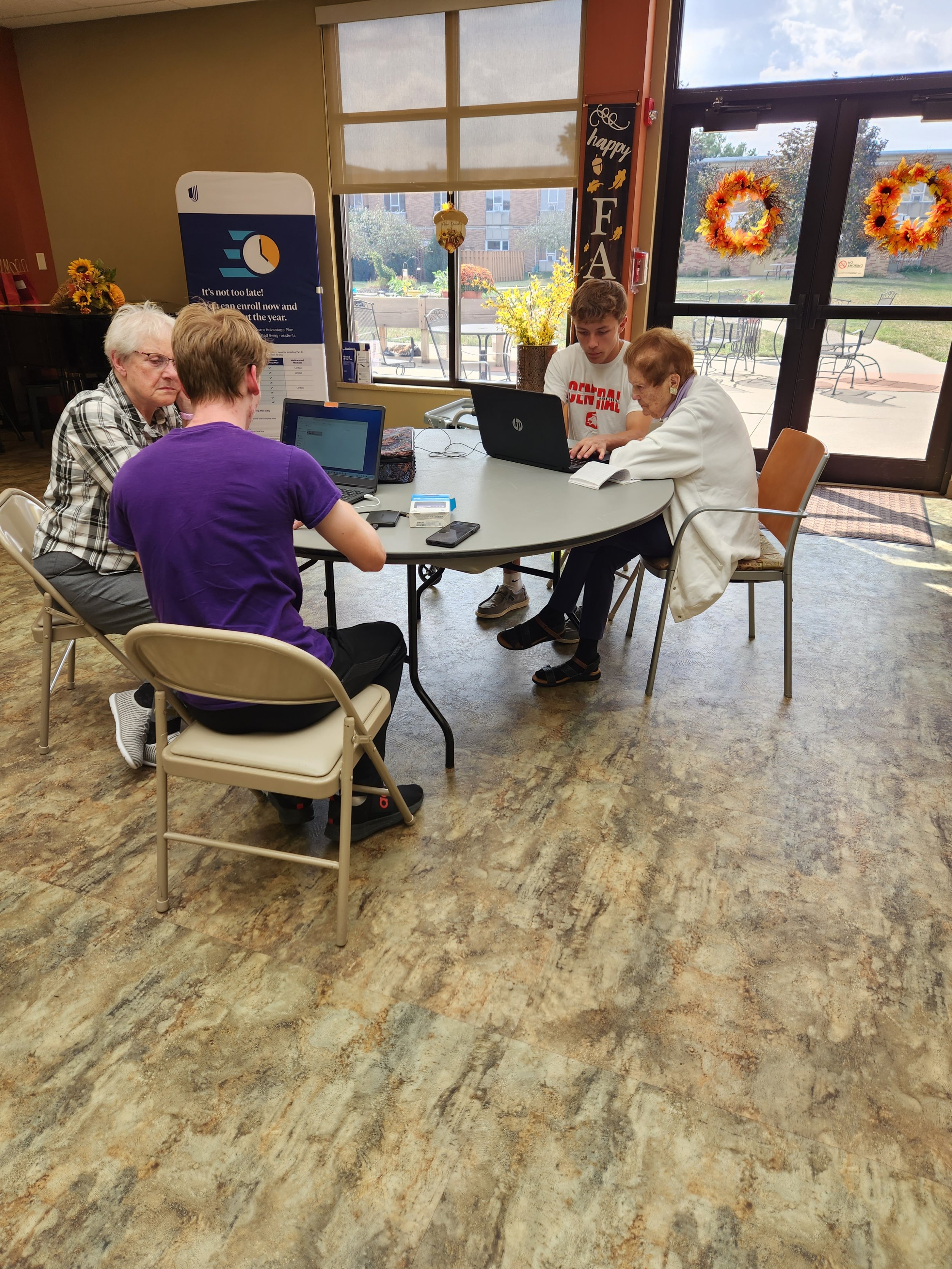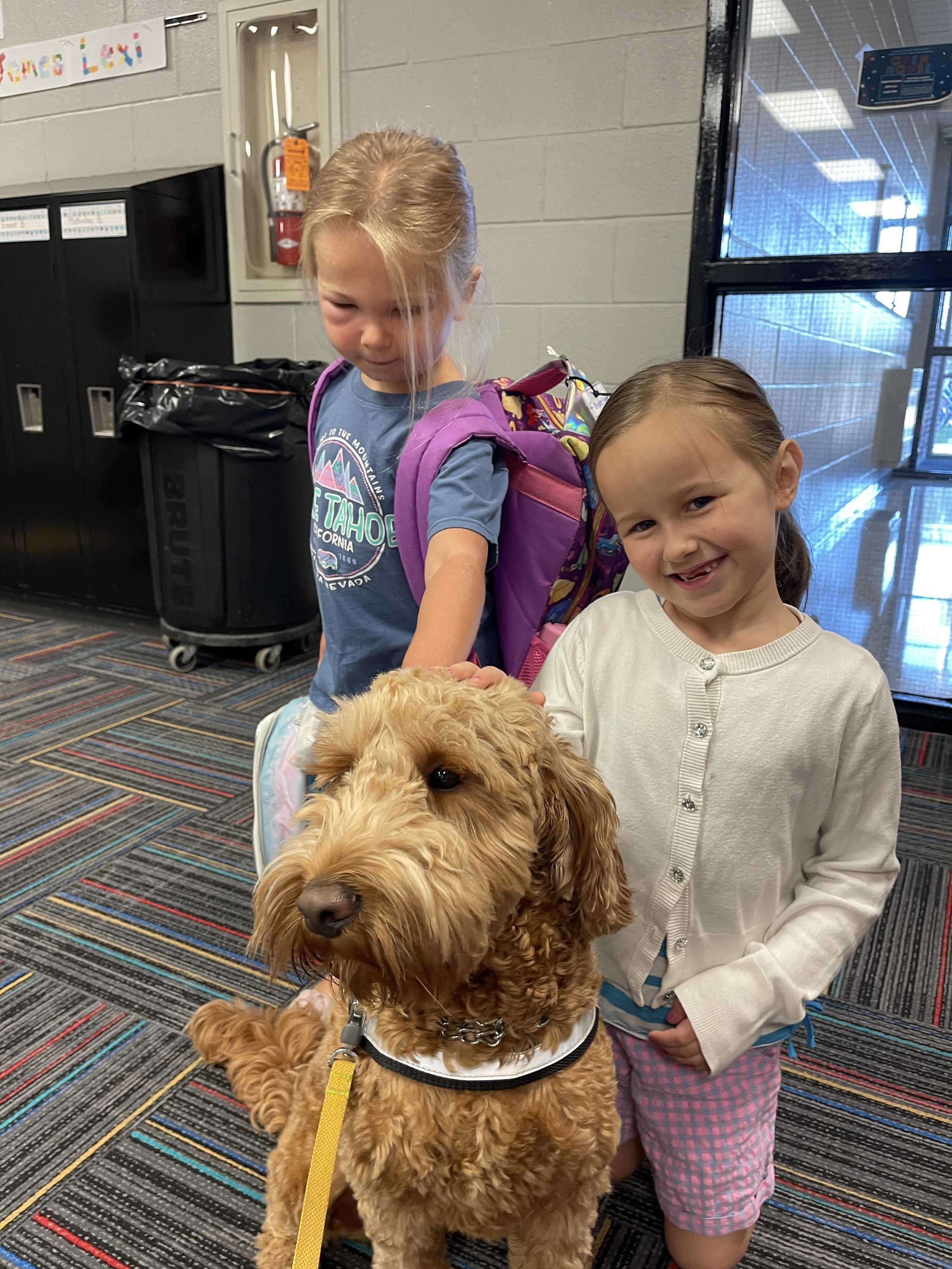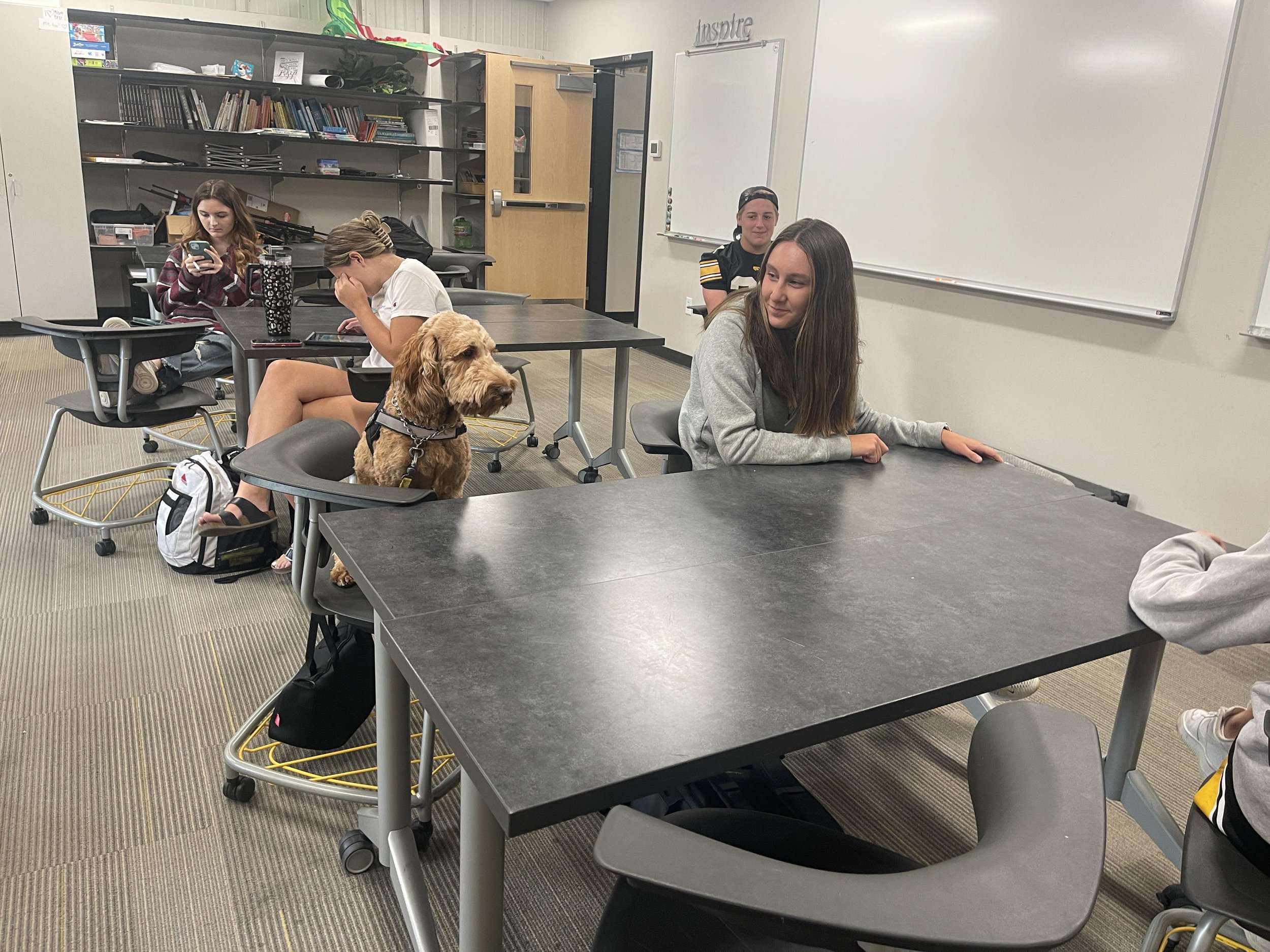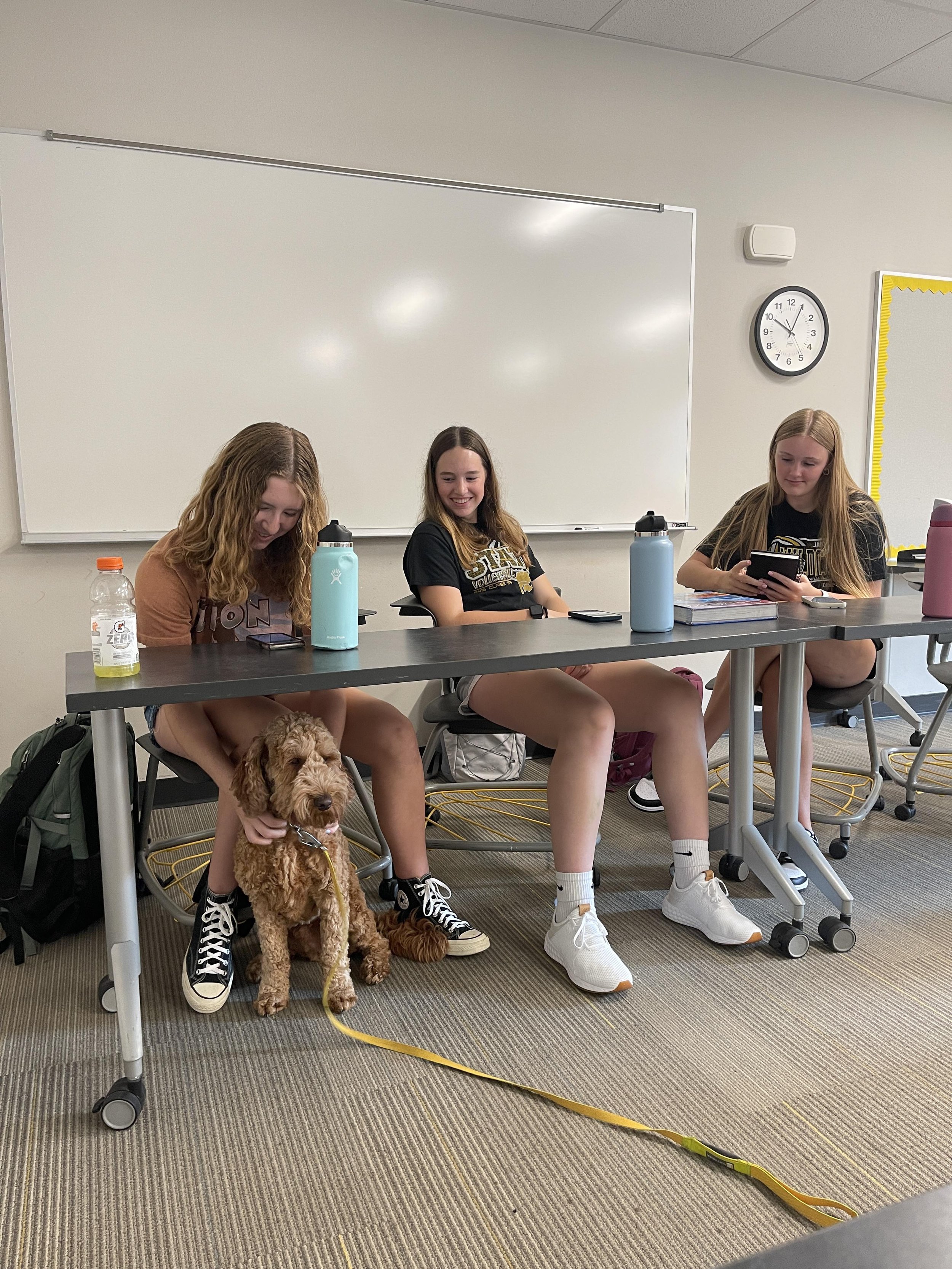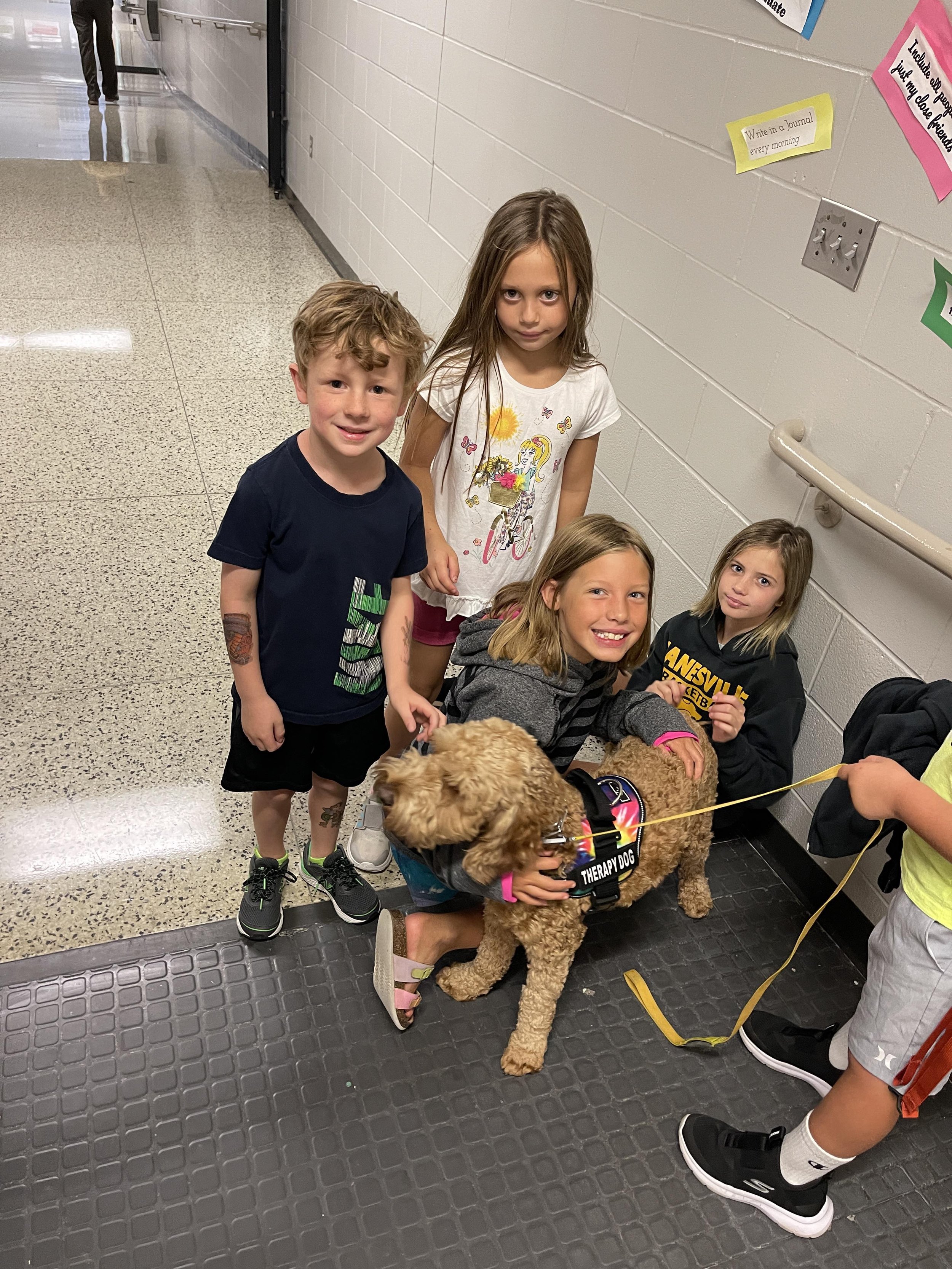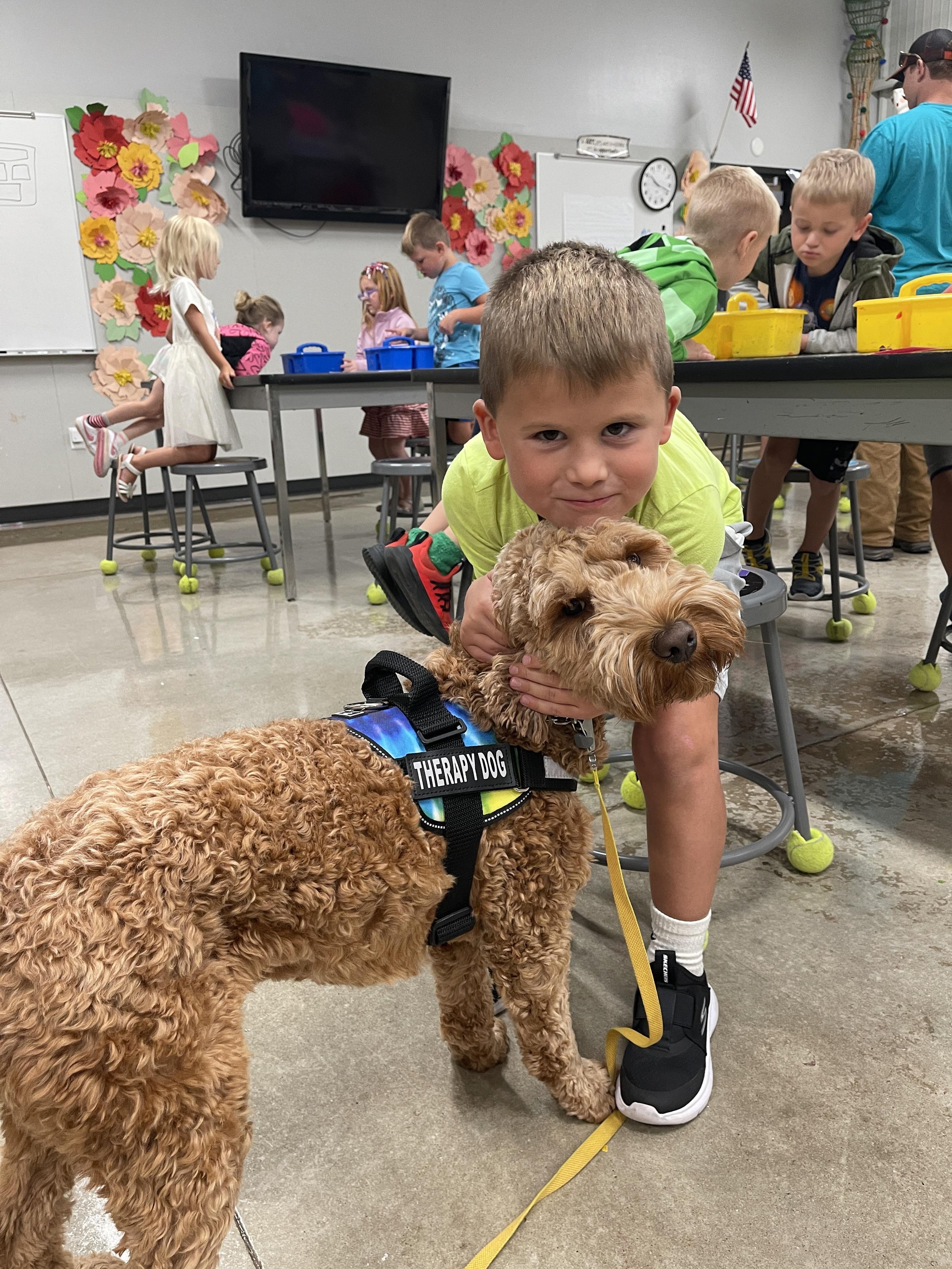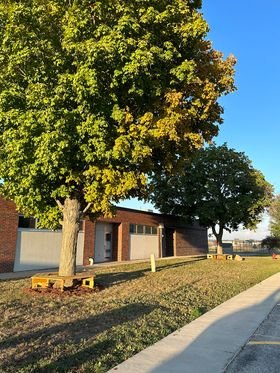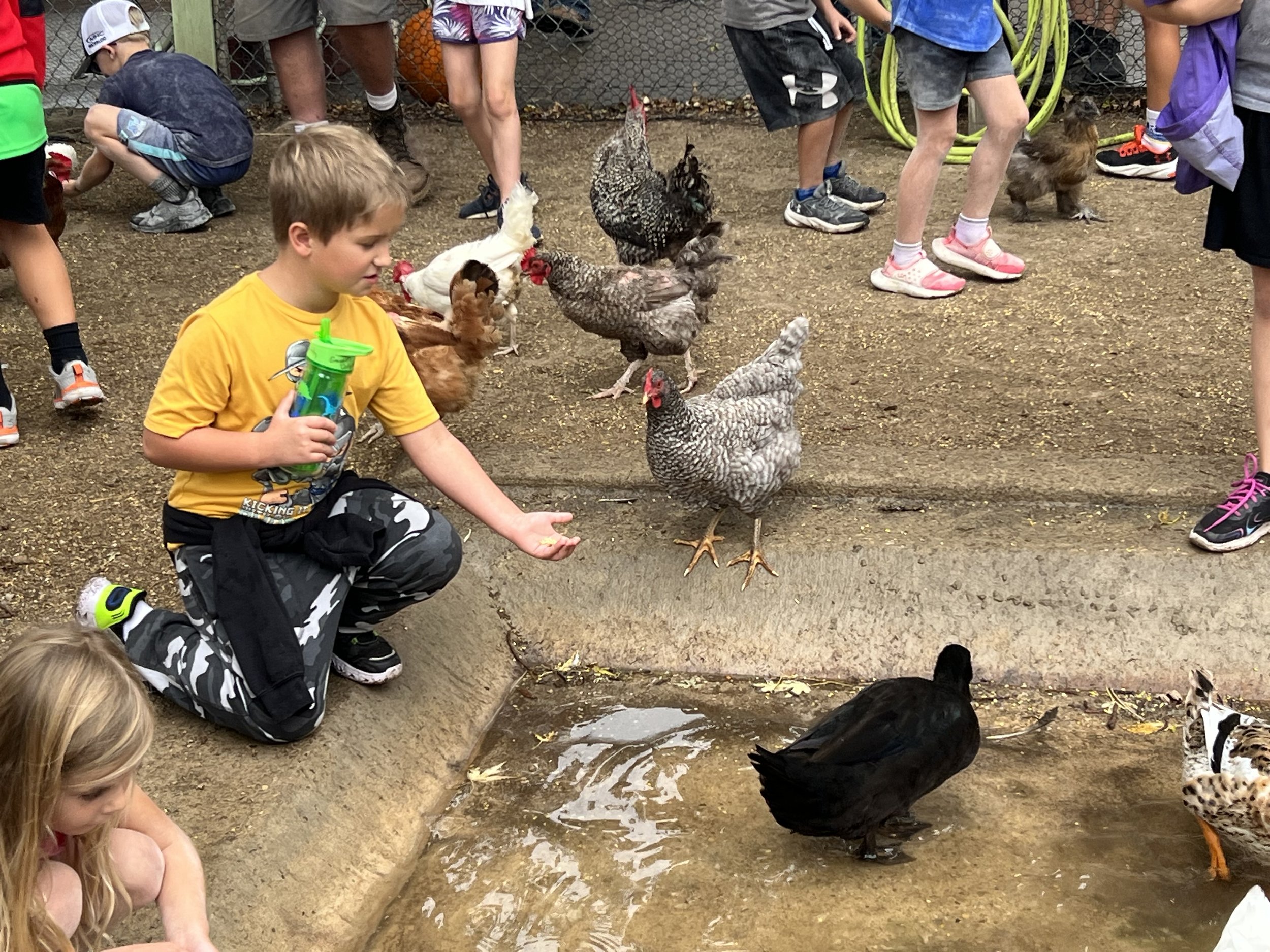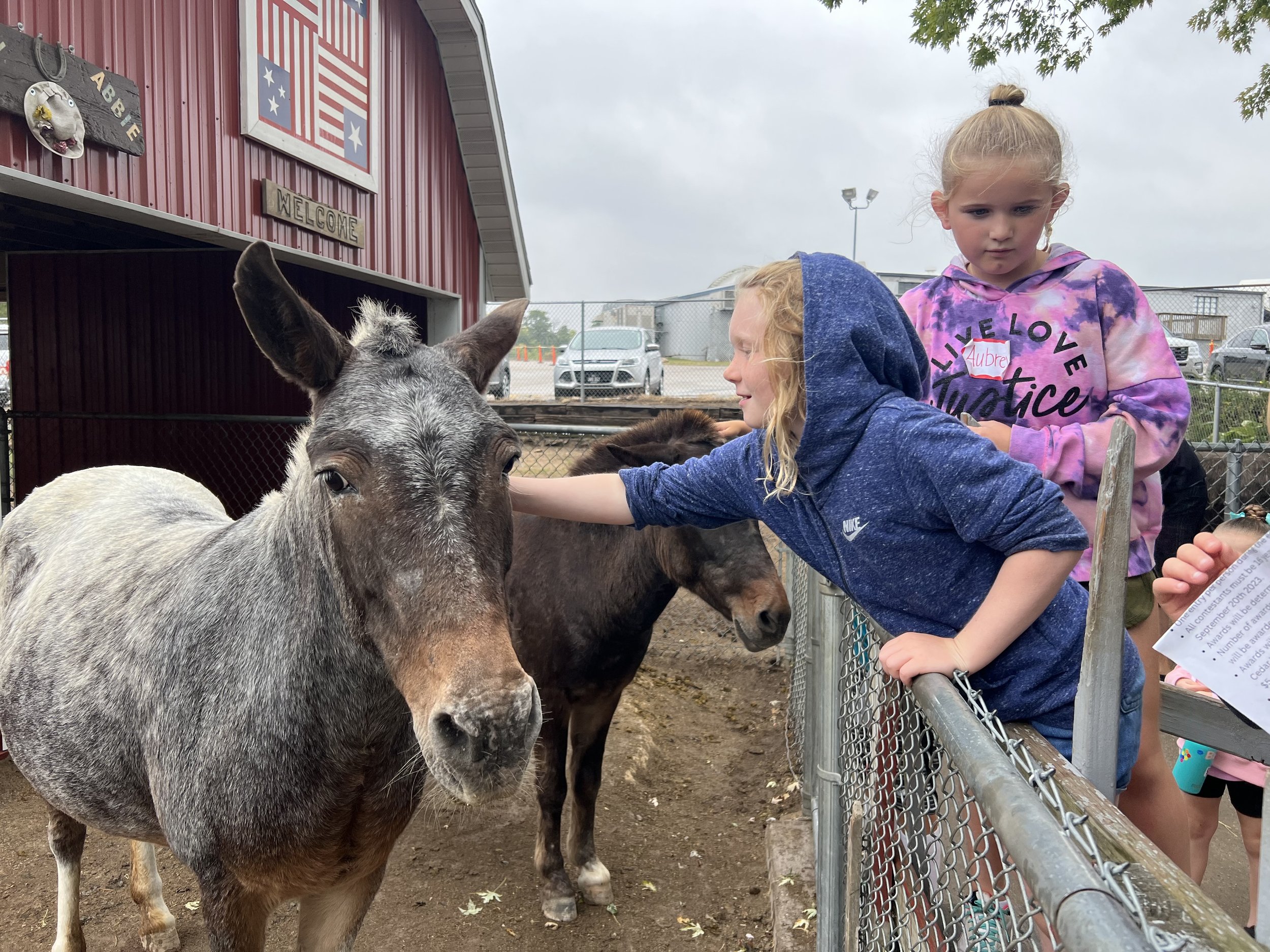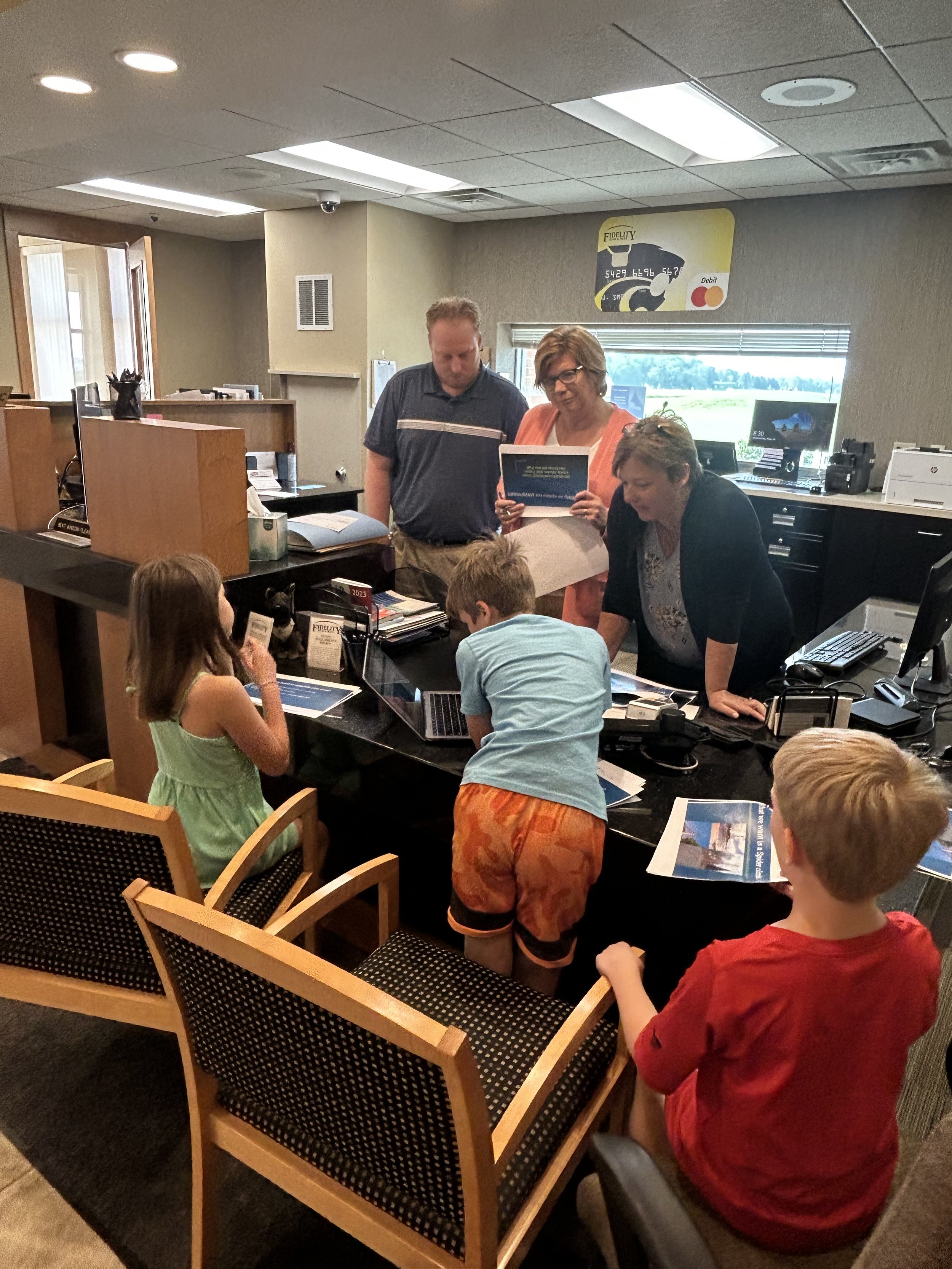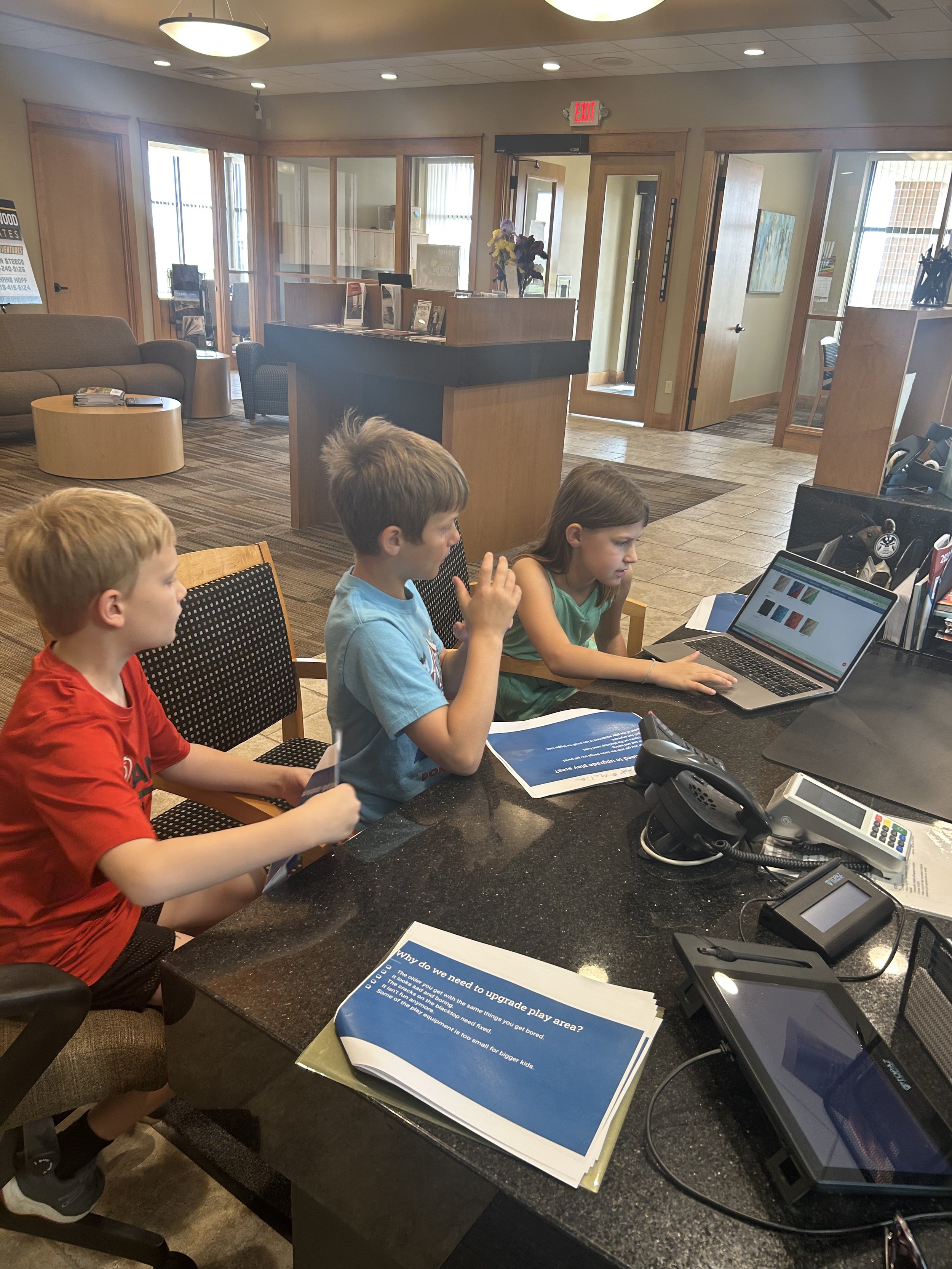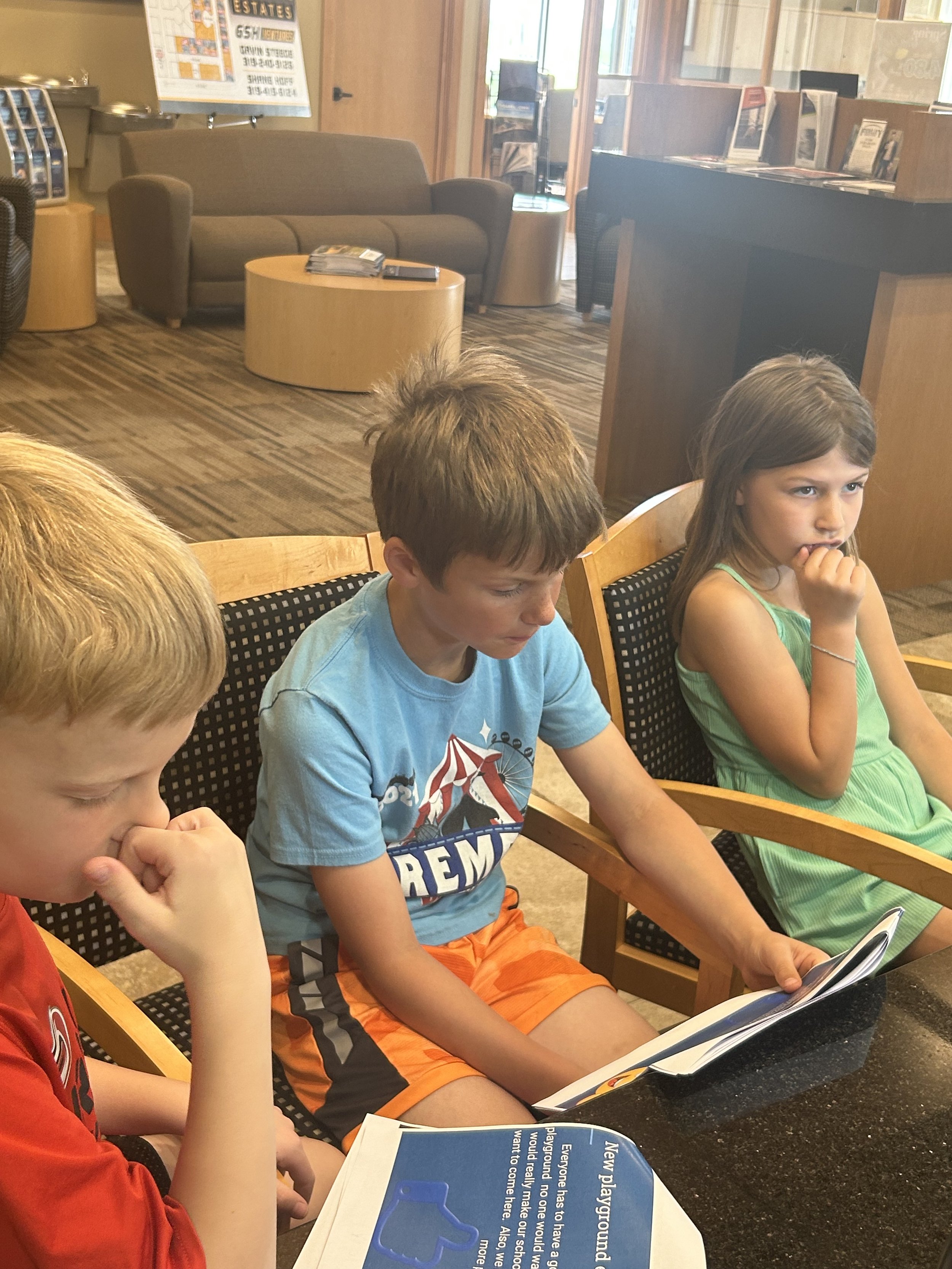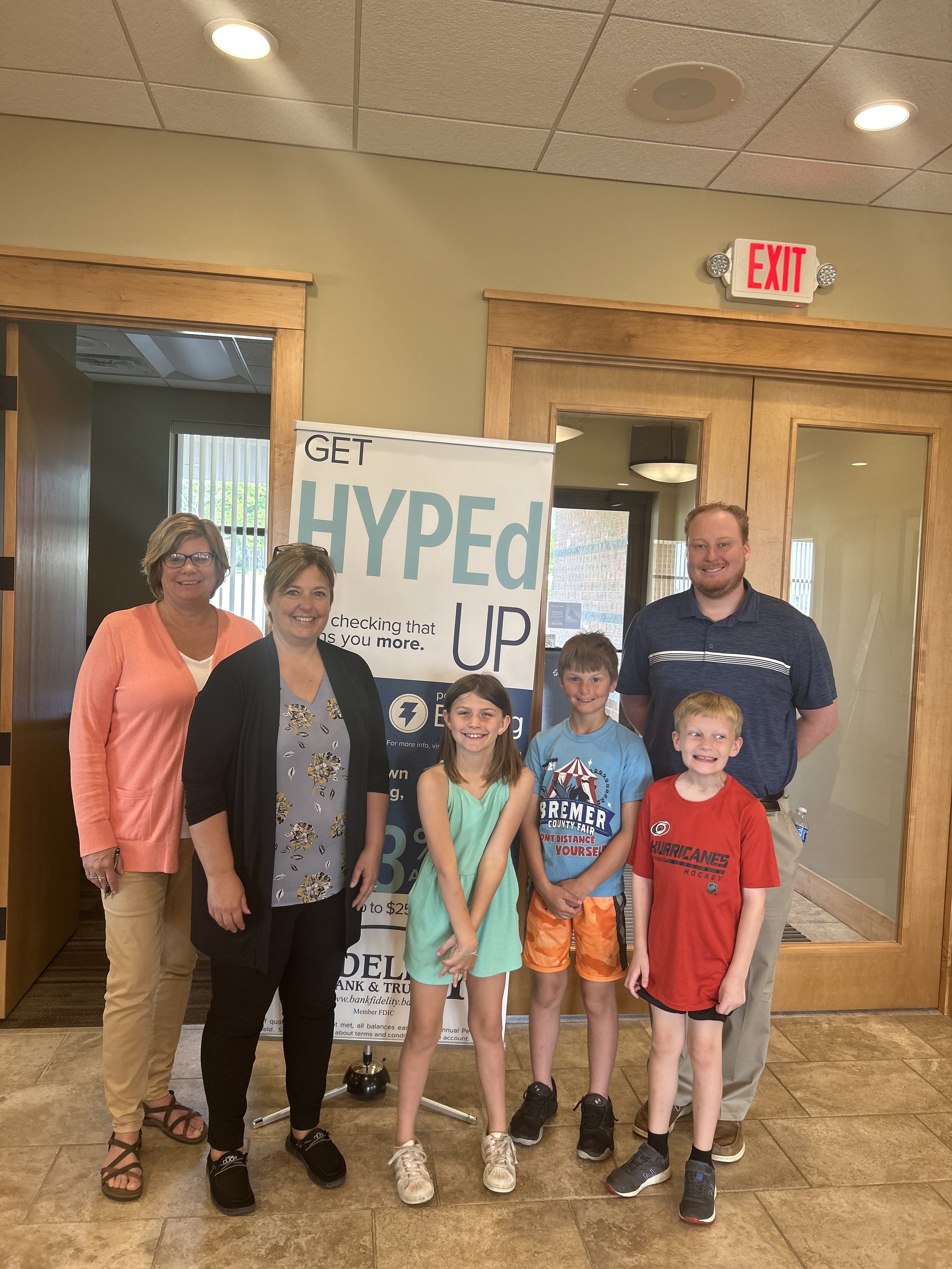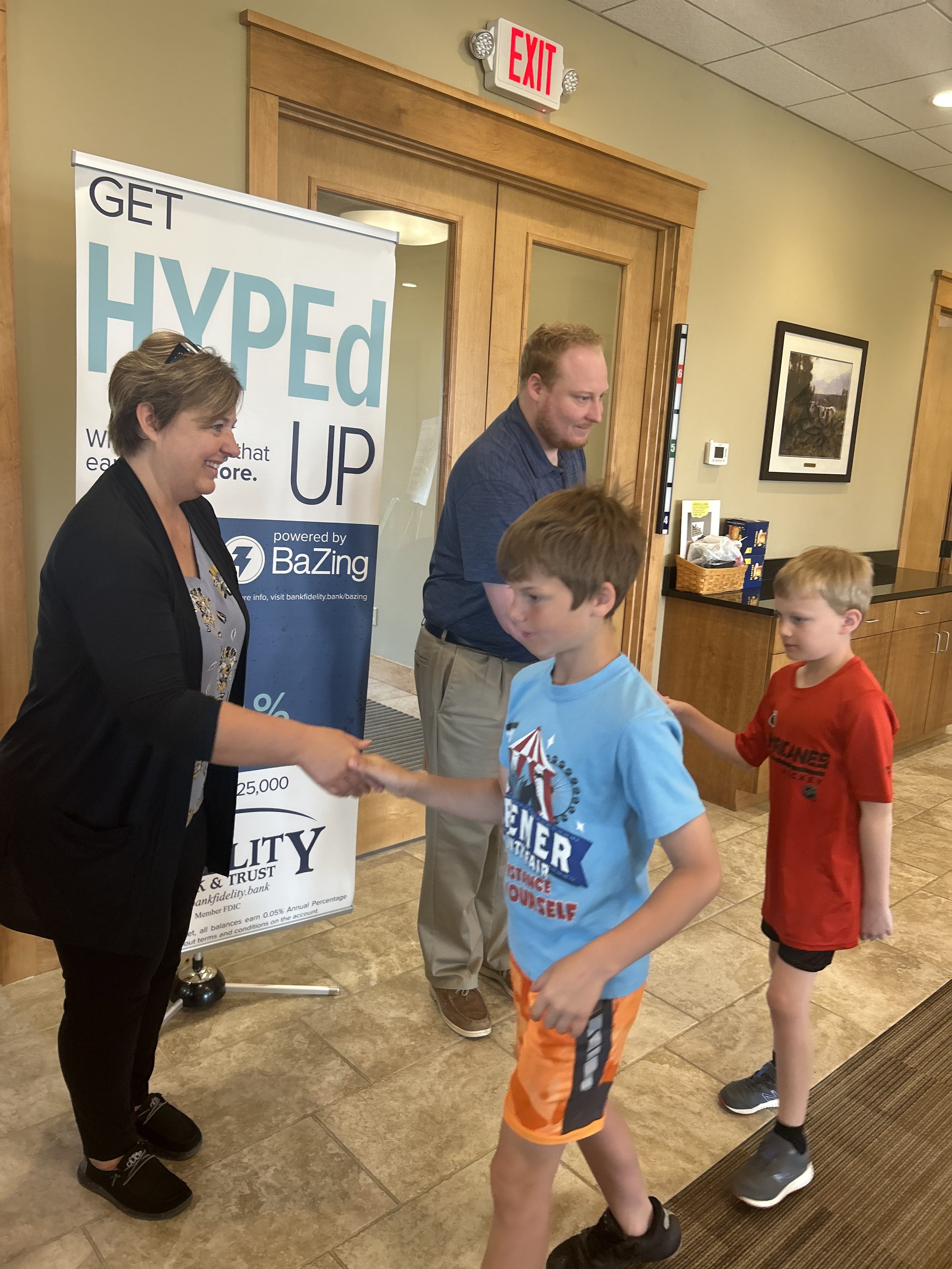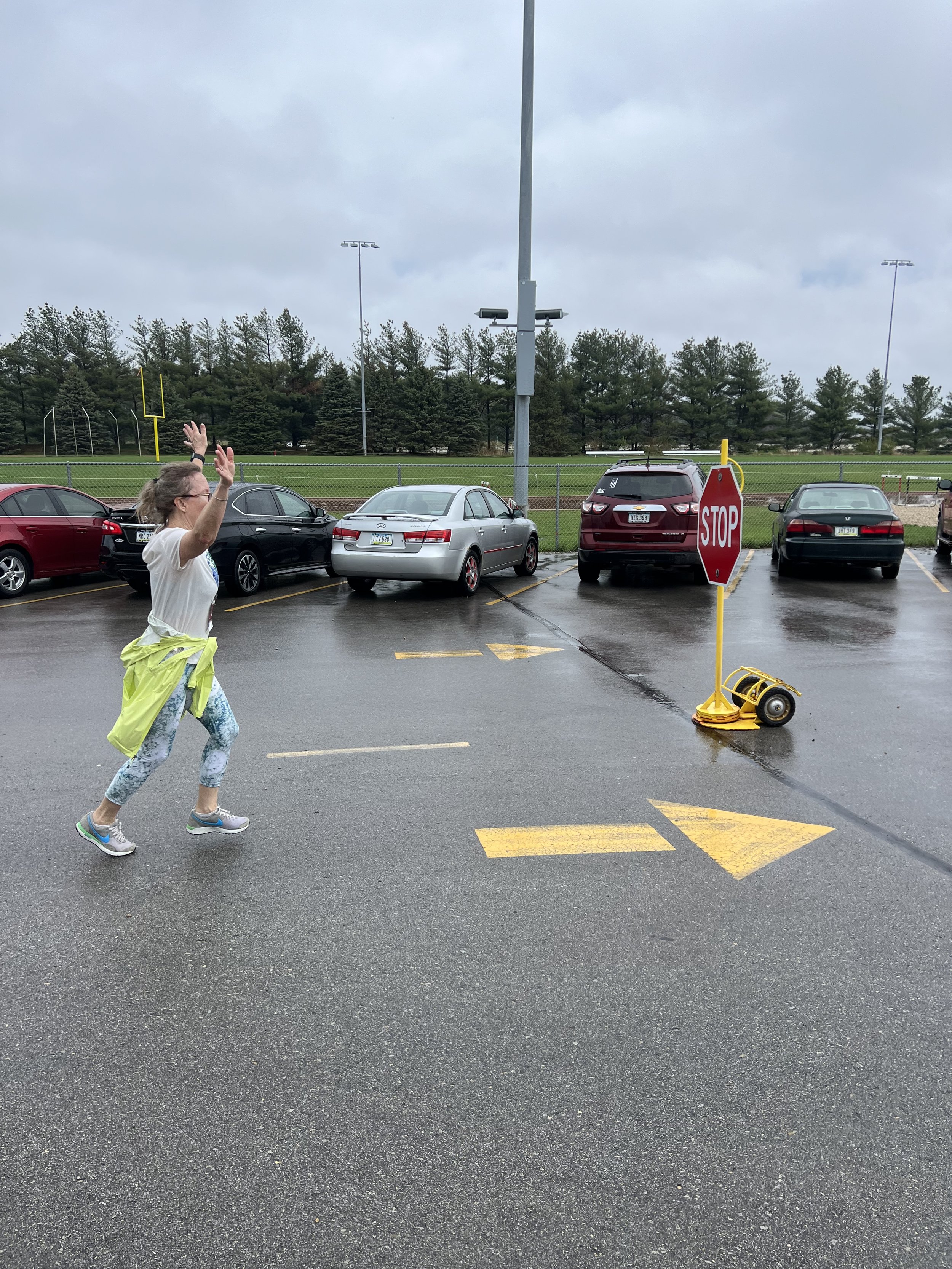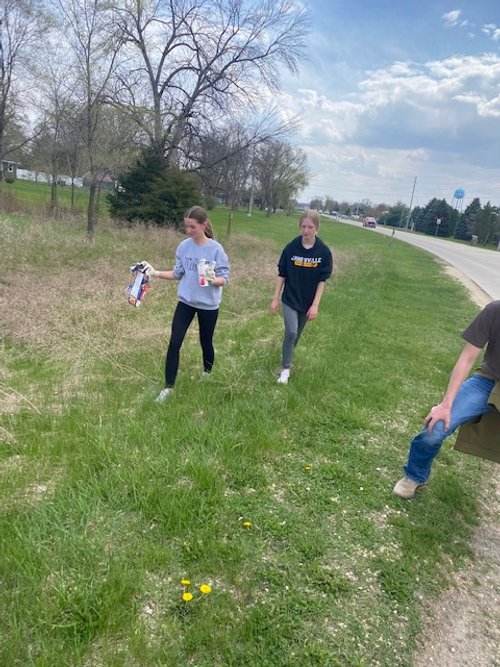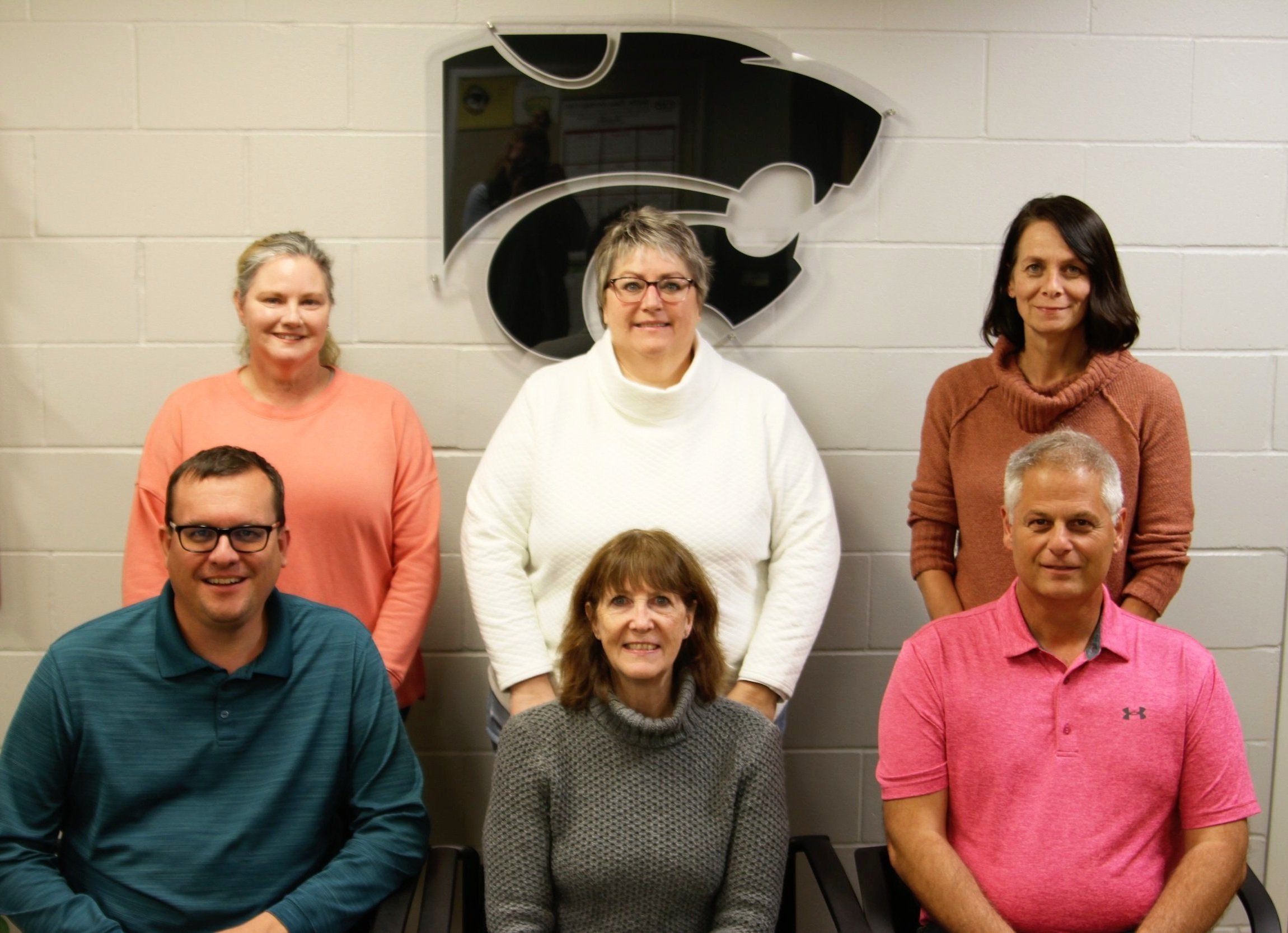THEME 6: There is a desire for increased rigor and enhanced college preparation.
ACT Preparation
Survey results indicated some students felt unprepared to take the ACT and desired more resources to support their preparation. ACT data from 2019 to the present is provided in the table below.
Year Number of Students Tested Average Comp Score
19-20 9 23.9
20-21 12 22.6
21-22 6 23
22-23 2 29
A concern we are addressing currently is the lack of ACT preparation support offered. We contracted with The Doorway to College Foundation and are offering a 5 hour ACT course at the school on Saturday, April 1st at a cost of $95 per student. Students will walk away with information and materials to help them prepare.
Low participation in the ACT with a significant drop in recent years is a concern. In order to increase participation we are now offering every high school student the opportunity to take the ACT free of charge one time in our building. Our goal is to make it accessible to all students to increase opportunities for postsecondary education.
The annual school report card is a tool which tells us how students are performing and growing in various subcategories and allows us to compare ourselves to other schools. The report card includes a measure of postsecondary readiness. One metric which contributes to the overall score within the category of postsecondary readiness is the number of students who take the ACT and SAT. As indicated above our participation rate is low with a decline in participation the last few years. One way we are addressing this is by helping students prepare and removing any financial or logistical barriers to taking the ACT.
The school report card information can be found here Janesville Junior/Senior High School performed quite well the past five years, however there is always room for improvement. Our scores are included below.
Reporting Year School Rating School Raw Score Average State Raw Score
2022 Commendable 56.36 54.65
2021 Acceptable 53.22 54.7
2019+2020* Commendable 59.97 54.94
2018 High Performing 63.12 54.91
*COVID canceled testing. We received the same score two years in a row
Academic Rigor
Some of the feedback in the surveys related to rigor was rather specific to individual circumstances and it will not be possible to respond to all of the feedback with the same specificity. All academic courses within the school are designed to align with the Iowa Core Standards or national academic standards specific to elective content areas. Teachers use a curriculum design process and collaborate with others to write their units based on these standards. When possible, a curriculum written by a publishing company which meets the standards in both content and rigor is adopted by the district.
As a school we have content specific leadership teams for literacy, math, science and social studies. These teams are made up of teachers K-12. Each of these teams has developed a set of shared beliefs around curriculum and instruction. Each of these teams is responsible for making decisions regarding curriculum and instruction. When we review curriculum for adoption we use a three step process. Our first step is to research best practices and review shared beliefs. We often do this in collaboration with our AEA consultant in the specific content area, resources from the DOE and by reaching out to other known experts in the field. Next we locate and review curricular resources aligned with core standards and our shared beliefs in both content and instructional practice. Our last step is to select a curriculum, often by first completing a pilot and then making a final decision on selection. Once a new curriculum is selected teachers engage in professional learning to learn evidence based practices and strategies for implementation. This learning includes but is not limited to workshops, conferences, courses, instructional coaching cycles, book studies, collaboration with peers, learning labs and feedback and reflection from formal observations.
In addition to the courses offered through local colleges and universities as previously mentioned, we are adding Advanced Placement courses in English. Writing was one area mentioned as a concern by former graduates in preparation for college. Our goal is to add more AP courses and opportunities for earning college credit on campus.
We plan to further evaluate and review specific content or instructional concerns mentioned in the survey related to rigor and instructional practice.


